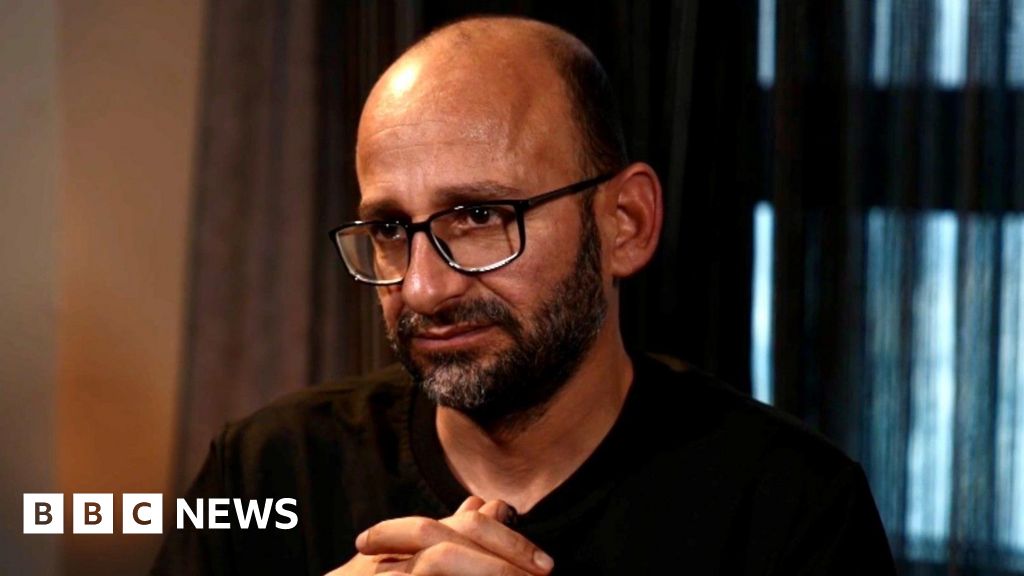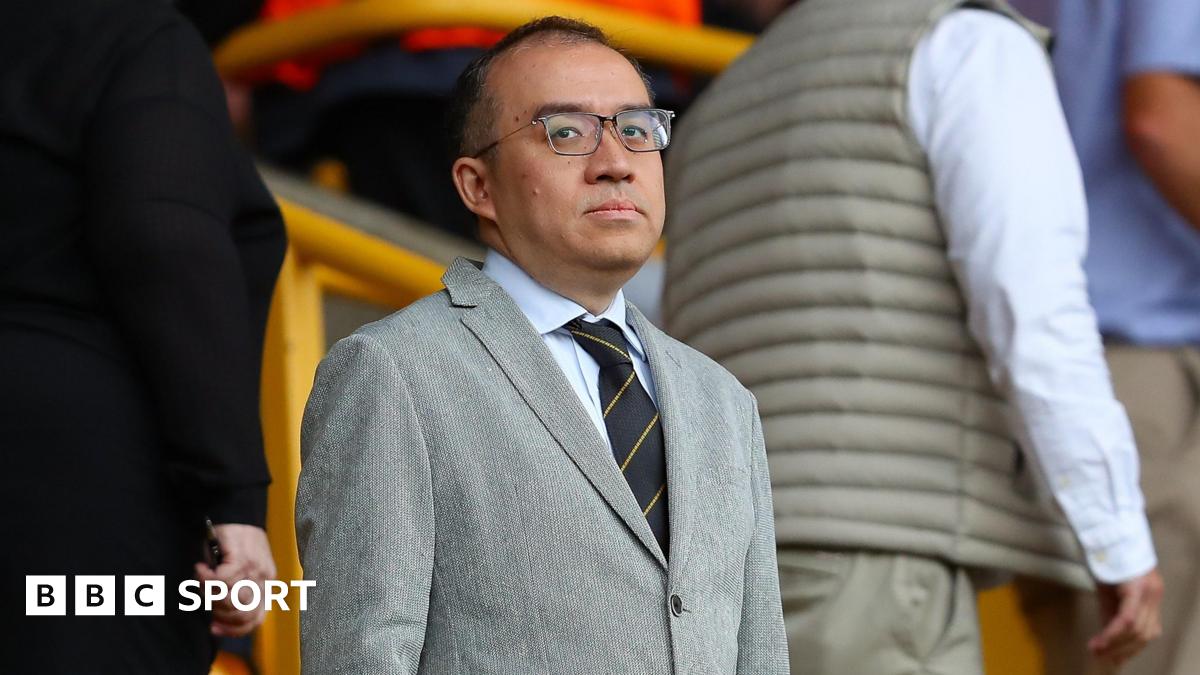Wycliffe Muia
BBC News, Nairobi
The number of people killed in Monday's anti-government protests in Kenya has risen to 31, the country's human rights commission said, sparking public outage and calls for justice.
The state-run commission previously said that 11 people had died.
More than 100 people were injured and about 532 arrested in the protests which hit the capital Nairobi and other major cities, said the Kenya National Commission on Human Rights (KNCHR).
The UN said it was deeply troubled by the killings and criticised the Kenyan police for using "lethal ammunition" against protesters.
The Kenya police still says that 11 people died.
There has been rising tension in the country since the death of blogger Albert Ojwang in police custody last month brought people back onto the streets, a year after young protesters stormed parliament angered by a wave of tax rises.
- Kenya protests are 'coup attempt', says minister
- Are East African governments uniting to silence dissent?
Monday's protests were intended to commemorate Kenya's decades-long struggle for democracy but they quickly escalated into deadly clashes in 17 out of the country's 47 counties, local media reported.
Many of those demonstrating chanted "Ruto must go" and "wantam", meaning "one term", a popular rallying call demanding President William Ruto leave office.
In a statement issued on late Tuesday, the KNCHR said the sharp rise in the death toll was "deeply troubling".
"The KNCHR strongly condemns all human rights violations and urges accountability from all responsible parties, including police, civilians and all other stakeholders," it added.
The commission also documented widespread looting and destruction of both public and private property by unidentified individuals.
Among those killed was a 12-year-old pupil who was hit by a stray bullet while at home in Kiambu, in the outskirts of the capital, local media reported.
"It is very concerning that these latest incidents come barely two weeks after more than 15 protesters were reportedly killed and many more injured in Nairobi and other parts of Kenya on 25 June," said Ravina Shamdasani, spokesperson for the UN High Commissioner for Human Rights.
"Lethal ammunition, rubber bullets, tear gas, and water cannons were used," Shamdasani added.
At least two hospitals were damaged after unidentified attackers raided the facilities and stole medical equipment and harassed staff, Reuters news agency reported.
Religious and rights groups have demanded a prompt and independent investigation into the killings, destruction of property and arbitrary arrests.
However, Interior Minister Kipchumba Murkomen has praised police officers for containing the protests, which he said were infiltrated by criminals.
Opposition leaders on Tuesday accused the government of deploying unmarked police vehicles to transport armed gangs to perceived opposition strongholds during the protests.
They called for a national boycott of all businesses affiliated with President Ruto's administration, accusing his government of deploying state-sponsored violence and extrajudicial killings on Kenyans.
"This regime is hostile. It cannot be reasoned with. It must be resisted. We will not rest. We will not retreat. We will not surrender," the opposition said in a joint statement.
Kenya's Chief Justice Martha Koome has cautioned the country against the increasingly violent protests, saying they risked the nation's democratic fabric.
Monday's demonstrations were organised primarily by the so-called Gen-Z young people, demanding good governance, greater accountability, and justice for victims of police brutality, continuing the wave of anti-government protests since last year.
On 25 June, at least 19 people were killed and thousands of businesses looted and destroyed in a day of nationwide protests that were being held in honour of those killed in last year's anti-tax protests.
More than 140 people have been killed since 2023 in protests, according to a tally by The Star newspaper.
.png)
 5 months ago
20
5 months ago
20








 English (US) ·
English (US) ·